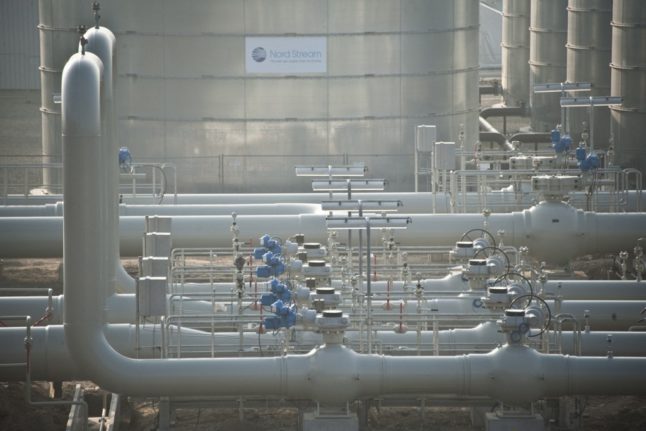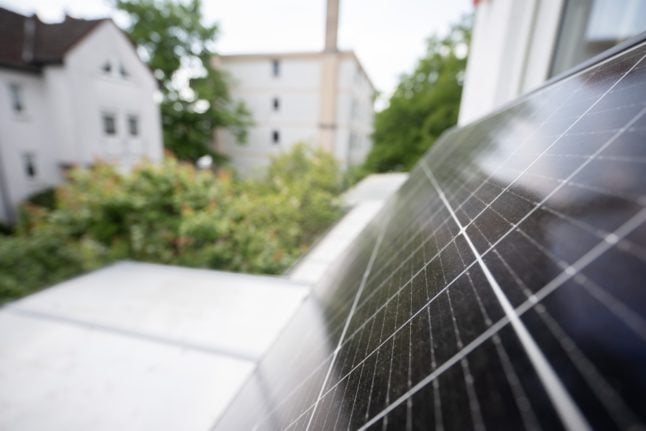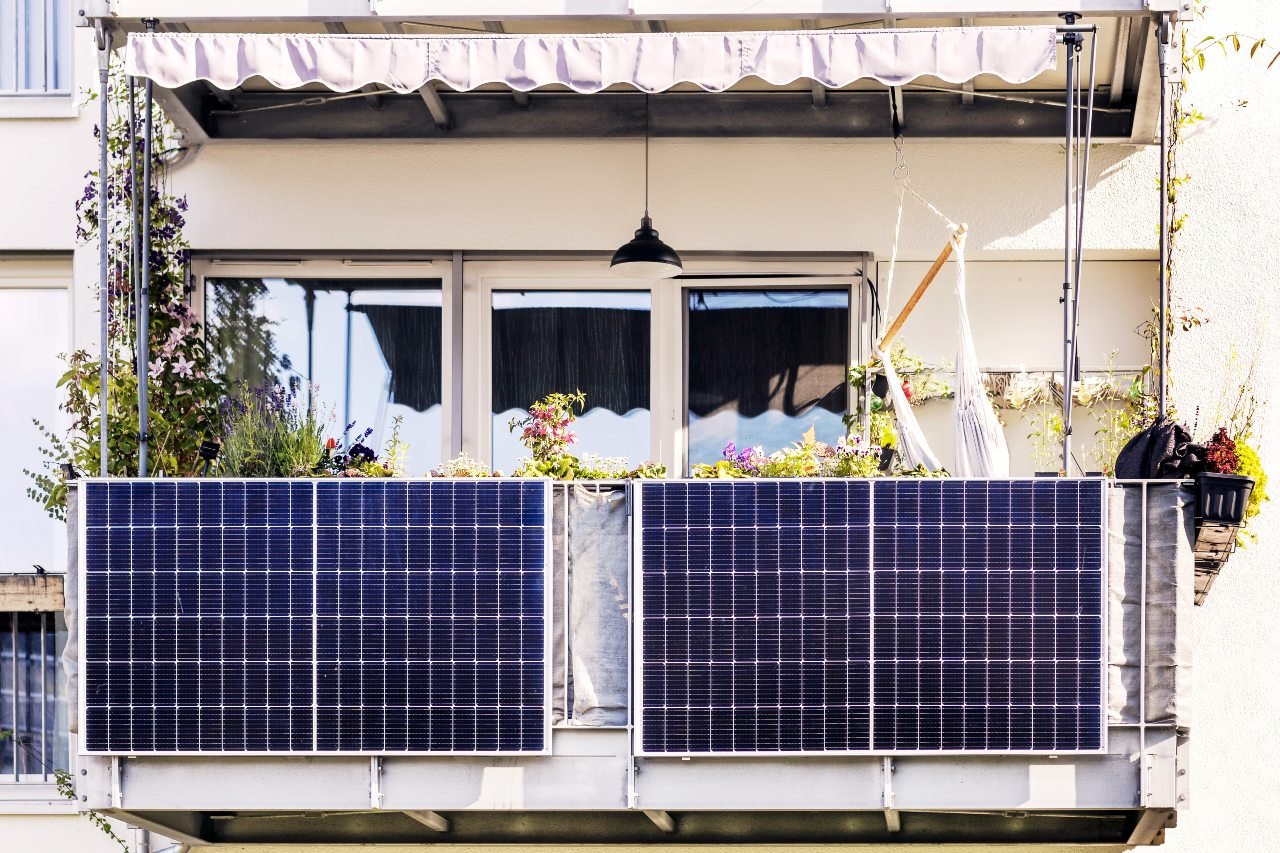Klaus Müller, president of the authority, the Bundesnetzagentur, said it was possible that spiralling gas prices had reached a plateau.
“There hasn’t been a significant jump in prices this week, even though Nord Stream 1 was shut down,” Müller told Germany’s Bild am Sonntag newspaper.
“This could mean that the markets have already priced in the failure of Russian gas supplies and we have reached a price plateau.”
However, it had not yet been decided whether these higher prices, “which are due to the Russians reducing gas supplies”, would be passed on to the public in the short term.
Müller also called for prudence with regard to the supply situation in the country.
“We mustn’t panic,” he said.
However, gas storage facilities are just under 65 percent full currently. This is higher than the previous week, but not enough to get through the winter without Russian gas.
Russian energy company Gazprom has throttled gas deliveries through the Nord Stream 1 in the Baltic Sea since June, a move it says was because a crucial turbine was being repaired in Canada.
Because of the sanctions imposed as a result of the Ukraine war, Canada initially refused to return the turbine to Russia and then decided to hand the unit over to Germany instead.
And, since Monday, no gas has been flowing through Nord Stream 1 as the pipeline went into maintenance. This is expected to last until July 21, but some Western politicians are sceptical as to whether Russia will turn the taps back on after maintenance ends.
But Müller said that even if Russia stopped delivering gas completely, Germany would still be able to make up its shortfall with supplies from Norway, the Netherlands and Belgium.
“We will probably have to live with the threat of running out of gas for two winters,” he added.
Germany must act in solidarity with its neighbouring countries and, in an emergency, also provide gas from German storage facilities to supply critical infrastructure in other countries, he said.
“We have a solidarity obligation to our neighbours and are well advised not to breach this” he said.
“Just as we are currently benefiting from the LNG (liquefied natural gas) ports in Belgium and the Netherlands, in an emergency, we also have a duty to help our neighbouring countries to supply private households or hospitals.”
READ MORE:




 Please whitelist us to continue reading.
Please whitelist us to continue reading.
Theres no need to panic its obvious there won’t be enough for the winter. In 6 of the 7 scenarios run by the government we run out of gas by February 2023. I have no doubt the greens and the left with forget their socialistic views and the constitution. They will jump to prioritise big business, can’t have VW or Mercedes struggling now can we. Who cares if the Plebs are cold.
I would prepare for blackouts starting as early as November.
Get bits to see you through probably 2-3 days of brownouts at a time every week. Candles will be in short supply.